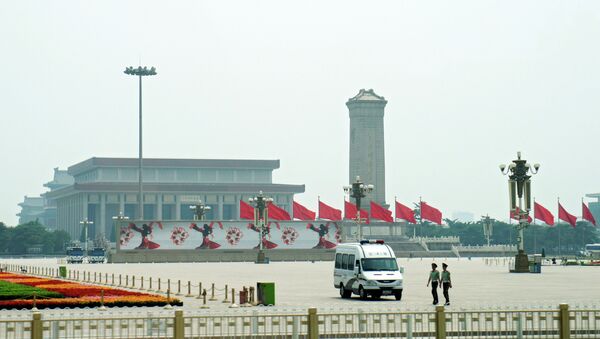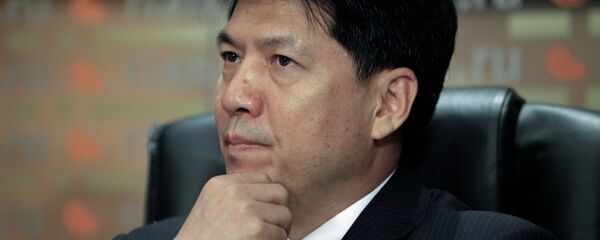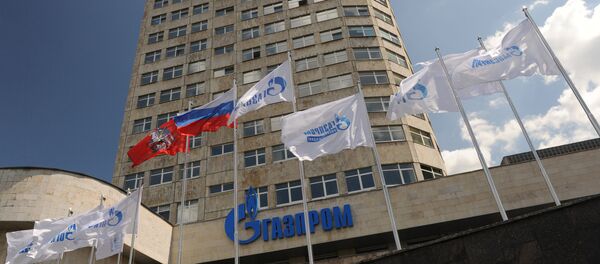"Since China's "One Belt and One Road" strategy, which refers to the Silk Road economic belt and the 21st century maritime Silk Road, was initiated at the end of 2013, significant progress has been made and increasing support has been garnered from the international community," the Global Times, a Chinese English-language media outlet noted.
The "New Silk Road Economic Belt" and the "Maritime Silk Road of the 21st Century" projects, aimed at creating vast infrastructure connecting Beijing to Central Asia and Middle East, were launched by China's President Xi Jinping in order to boost China's economic and political ties across Eurasia.
China's New Silk Road comprises of a vast number of routes, including the ancient "Silk Road" which connected China and Europe via Central Asia, the Bangladesh-China-India-Myanmar route, an economic corridor linking China and Pakistan through Kashmir, and a Maritime Silk Road, providing China with seamless access to distant seaports, including New Suez Channel ports in Egypt.
Commenting on the issue, then Secretary of the State Hillary Rodham Clinton elaborated that the US-backed New Silk Road would bolster economic development and cross-border trading in Central and Southern Asia and beyond. The project was meant to increase the role of the United States in the region, posing a threat to China's geopolitical interests.
While the US experts were weighing pro et contra of building Eurasia's regional hub in Afghanistan, the newly elected Chinese President stepped in with his two programs. It was a "pretty bold move," stressed Chris Johnson from the Center for Strategic and International Studies in Washington.
"Xi Jinping sees a huge gaping hole in terms of trade and economic opportunities that the US has so far failed to take advantage of [in the region]," the expert underscored in 2013, as quoted by the Washington Post.
Xi Jinping's new "charm offensive" approach to foreign policy allowed the country to improve its relations with neighboring states and solidified China's role in the region.
Under Xi, China also strengthened its positions on the world arena. Sino-Russian further rapprochement combined with rising role of BRICS in Eurasia has facilitated Beijing's New Silk Road project development.
On February 2, during trilateral talks between the Chinese, Indian and Russian Foreign Ministers, China's FM Wang Yi called upon New Delhi and Moscow to join Beijing's "One Belt, One Road" strategy to create an economic corridor across Eurasia. It seems that the move dealt a final blow to Washington's idea to create a US-controlled New Silk Road in Eurasia, undermining both its political and economic influence in Asia.





